Medical errors occur much more frequently than most people think, affecting hundreds of thousands of Americans every year. Indeed, according to Johns Hopkins Medicine, “more than 250,000 deaths per year are due to medical errors in the U.S.,” and even more patients sustain nonfatal injuries. When a medical error occurs, the injured patient may be able to file a medical malpractice lawsuit against the liable healthcare provider, yet understanding who may be responsible for injuries requires knowledge of the various kinds of medical errors that can occur in healthcare settings. The Correll Law Firm wants to provide you with more information about the types of medical errors that are common in medical malpractice lawsuits brought under Virginia law.
Diagnostic Errors
Diagnostic errors, which can result in a delayed diagnosis or an unnecessary procedure or surgery, occur anytime a health care provider fails to make a proper diagnosis. Diagnostic errors can have many different causes. In some cases, a physician or specialist might not pay enough attention to the symptoms a patient is reporting and might make an improper diagnosis. Or a physician or specialist might not conduct a sufficiently thorough examination, or might miss something in an examination or in reading a patient’s scan. Yet diagnostic mistakes can also result from electronic health record input errors, as well as laboratory mistakes in processing tests and specimens.
Medication Mistakes
Medication mistakes are among the most common types of medical errors that can result in patient harm and can lead to a medical malpractice lawsuit. Medication errors can happen in a variety of ways, and numerous healthcare providers may be responsible. A medication error refers to a mistake in prescribing, filling, or administering a drug for a patient. The following are examples of medication errors that occur:
- Physician prescribes the wrong medication or the wrong dosage of a medication;
- Physician fails to examine the patient’s medical record and prescribes a drug that has a dangerous interaction with a medication the patient is currently using;
- Administrative hospital worker enters incorrect medical information into a patient’s electronic record, which results in a physician prescribing an ineffective or dangerous medication;
- Pharmacist fills the wrong prescription;
- Pharmacist fills the wrong dosage of the correct drug;
- Nurse administers the wrong medication to a patient; or
- Nurse administers the incorrect dosage of the correct medication to a patient.
When a medication error occurs, the nature of the mistake will determine who may be liable. Generally speaking, a physician, nurse, pharmacist, or even a hospital or other health care facility may be liable.
Surgical Errors
Although surgical errors are not quite as common as some other types of medical mistakes, they can be devastating and may be fatal. Surgical mistakes are often described as “never events,” according to Johns Hopkins Medicine, which is a term that is used to “describe egregious health care errors” that should never happen. Surgical mistakes can include operating on the wrong patient, operating on the wrong body part, or leaving a foreign object inside a patient’s body during a surgical procedure. Any surgeon who commits a surgical error may be liable for injuries.
Contact a Winchester Medical Malpractice Lawyer
Do you have questions about liability for a medical mistake? An experienced Winchester medical malpractice attorney at the Correll Law Firm can assist you. Contact the firm today online or call 540-535-2005.
